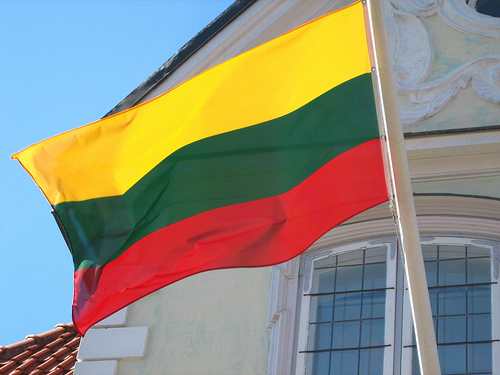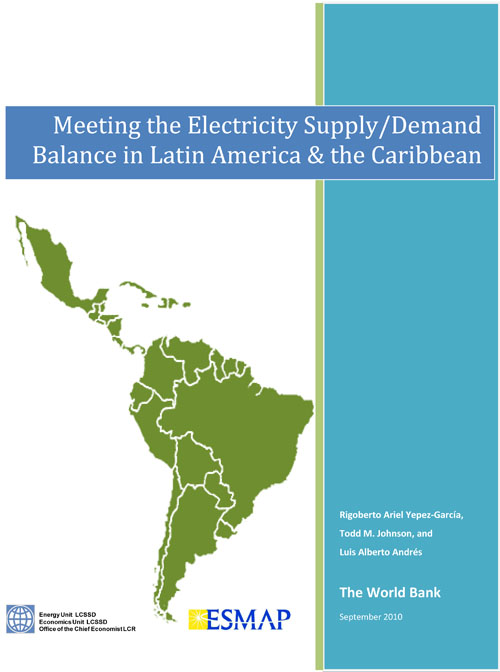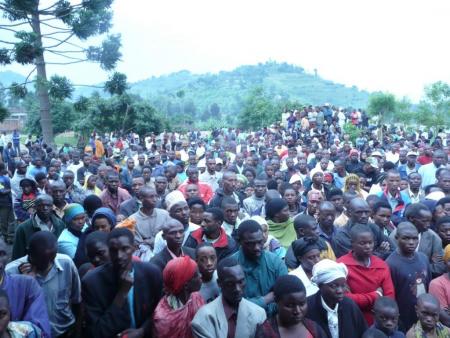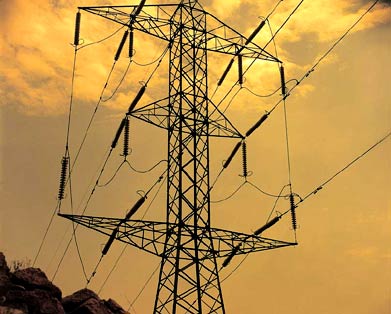E-BulletinIssue | February 2011
Headlines....
-- Lithuania Becomes an ESMAP Donor
-- Diversify Energy Sources to Meet Growing Demand For Power In Latin America and the Caribbean, Says Report
-- East African Governments Prioritize Geothermal Energy
-- Thousands of Lives Improved in Peru through Rural Electrification
-- Sharing of Low Carbon Planning Tools with US Agencies: ESMAP/World Bank
-- Brazil: Water Utilities Expand Services While Keeping a Lid on Production & Energy Use
-- Strengthening Planning Capacity for Low Carbon Growth in Developing Asia
-- Sharing Experience with Low Carbon Modeling Tools and Approaches in Vietnam
-- Hazardous Impacts Due To Climate Change Can Be Detected and Reduced
And more...
Highlights
February 3 2011
Lithuania has joined the Energy Sector Management Assistance program-ESMAP as a donor.
February 1 2011
A new World Bank study says Latin American and Caribbean countries could boost region-wide electricity supply by 30 percent by 2030 by diversifying the energy mix.
January 25 2011
East African governments add geothermal power to their energy mix to meet growing energy needs.
February 7 2011
A rural electrification project is helping the Peruvian government bring electricity to rural communities to increase their productivity and income.
January 27 2011
ESMAP and the World Bank shared low carbon planning tools with a number of US Agencies working on climate change.
February 1 2011
In the last 10 years, utility firms in Brazil have embarked on improving their operations, investing in service expansion, reducing water losses, improving energy efficiency, and thereby reduce their energy costs.
February 1 2011
A Regional Consultation Meeting was held in Kuala Lumpur, Malaysia on January 27-28, 2011 to strengthen the capacity of Asian governments in planning for climate change.
February 1 2011
ESMAP shares its low carbon planning tools and approaches in developing low carbon economies in several countries with Vietnam.
February 1 2011
World Bank staff were equipped with tools to help countries detect climate change related hazards and develop assessments of climate vulnerabilities in order to raise awareness among key stakeholders.
Publications
Resources
Events
Learning and Collaboration
Published on: 02/28/2011







